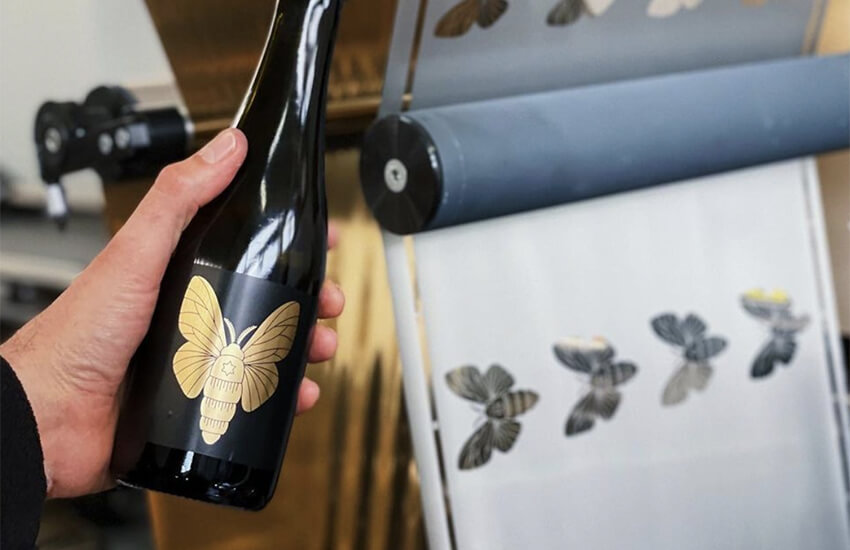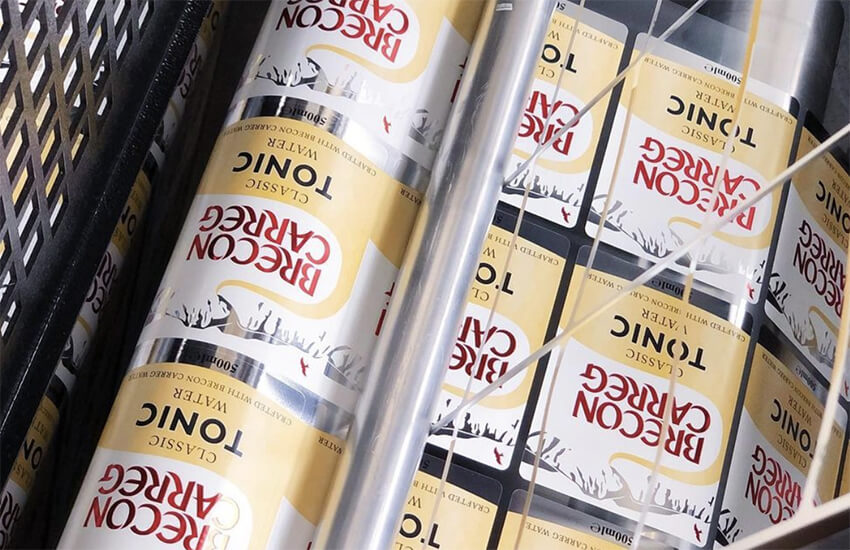Adapting to the Plastic Packaging Tax
In April 2022, the Plastic Packaging Tax was introduced into UK law – any plastic packaging that doesn’t contain at least 30% recycled plastic is taxable, and the tax affects UK-based producers and importers, who will be charged at a rate of £200 per metric tonne. If your business is ready to make a change after the introduction of this tax, we’re prepared to help.
At Kingfisher Labels, our state-of-the-art technology sets us apart from the crowd. Our customers trust us to provide great self-adhesive labels every time. And, we’ve spent the last few years getting ahead of the curve when it comes to sustainable labelling and packaging.
For customers who want to mitigate the extra costs incurred by the plastic packaging tax, we offer eco-friendly solutions and produce a great product that’s better for the environment and the business’s expenses. Read on to find out what the tax could mean for your business and how our solutions could benefit you…
How Does the Plastic Packaging Tax Affect You?
The new UK tax on plastic packaging has been introduced to encourage businesses to manufacture their products in a more environmentally conscious way. At a time when eco-innovations are becoming ever more urgent, many hope the tax will result in a significant uptick in sustainable practices and options in the packaging industry.
But at what point does the tax apply? And is your business expected to pay the tax in the first place?
For UK plastic manufacturers, HMRC assesses whether packaging products are liable for the tax after the last ‘substantial modification’ point. Some examples of substantial modifications include changes to a plastic component’s:
- Shape
- Structure
- Thickness
- Weight
For importers, the tax applies to packaging when it arrives in the UK (often already containing goods and products). At this point, any modifications will, of course, already have been made.
Businesses must report plastic packaging data to HMRC and pay the tax quarterly. Small plastic manufacturers that import less than ten tonnes of the material per year are exempt from the tax initially but are required to register with HMRC if the import amount rises above a certain level.
How Can Kingfisher Labels Help?
The plastic tax doesn’t change much for the team at Kingfisher. This is because we already use sustainable solutions wherever possible, from our day dot food rotation labels to our pre-packaged product labels. We’re already committed to reducing our use of plastic, providing a premium product and protecting the planet.
The label printing machinery we use is an essential part of our sustainability process, too. Our Edale machines – especially the FL1 Prime press – are designed to minimise waste.
These machines are efficient and productivity-increasing, saving us valuable labour time and generating less excess material.
When you choose to work with Kingfisher Labels, your business saves money on two fronts. Less waste is created, and fewer taxes are incurred.
We’re committed to helping businesses in every industry increase their sustainability through our innovative solutions. And the best part? We can supply your business quickly and efficiently, so you won’t have to wait long at all to bring positive changes and new practices into effect.
We Won’t Compromise on Quality
Kingfisher Labels is proud to be so involved with the sustainable labelling industry in Bristol and the surrounding area. We’re eager to see our customer base grow as demand for environmentally sound options increases across the board.
The customers we have longstanding partnerships with know that being sustainable is absolutely no compromise on quality. Benefitting the planet and helping your business thrive can go hand-in-hand.
If you’d like more information about eco-friendly, high-quality labelling solutions, please get in touch today to find out how we can help.


